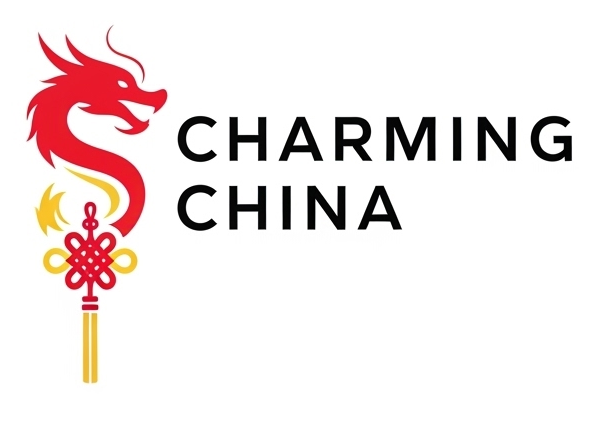Labor Day
Labor Day (Láodòng Jié, 劳动节), also known as International Workers’ Day, is celebrated on May 1st in China and over 80 countries worldwide. It honors the contributions of workers and the labor movement, rooted in the global fight for fair working conditions. In China, Labor Day is a public holiday that reflects both socialist values and modern economic dynamism. It’s a day to recognize the hands that built the nation—and continue to shape its future.
Historical Background
- Global Origins: Inspired by the 1886 Haymarket Affair in Chicago, where workers demanded an 8-hour workday
- China’s First Celebration: May 1, 1920, with rallies and speeches in major cities like Beijing and Shanghai2
- Official Recognition: Declared a national holiday in December 1949 by the newly formed People’s Republic of China
Labor Day in China is deeply tied to its socialist roots, emphasizing the dignity and importance of labor in national development.
Traditions & Celebrations
Public Holiday & Golden Week
- Typically a 3–5 day break, depending on the year’s calendar
- Families travel, shop, and enjoy leisure activities
- Tourist destinations and shopping malls see a surge in activity
Cultural Events
- Cities host carnivals, concerts, and public performances
- Workers are honored with awards and recognition ceremonies
- Fireworks and light shows illuminate urban skylines
Economic Boom
- Retail, hospitality, and tourism sectors experience a major boost
- Many brands launch Labor Day sales and promotions
- A reflection of China’s shift from labor-focused to consumer-driven celebration
Cultural Significance
- Symbol of Workers’ Rights: Reinforces the importance of fair wages, safe conditions, and work-life balance
- Socialist Legacy: Honors the working class as the backbone of national progress
- Modern Relevance: Highlights tensions between traditional labor values and modern work culture
Labor Day is both a celebration and a mirror—reflecting China’s evolving relationship with labor, productivity, and well-being.
Labor Day in China is more than a day off—it’s a tribute to the millions who power the nation’s factories, farms, offices, and innovation hubs. From its revolutionary roots to its modern festivities, the holiday invites reflection on the value of work and the rights of workers. Whether enjoying a family trip or attending a public event, it’s a moment to honor the spirit of labor.
